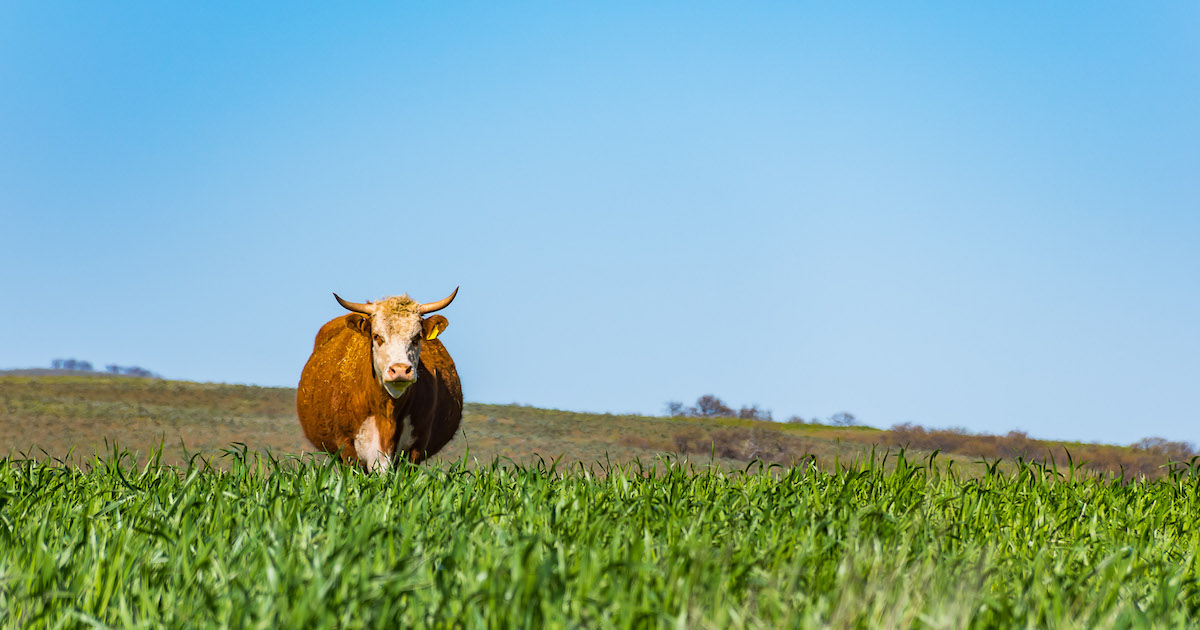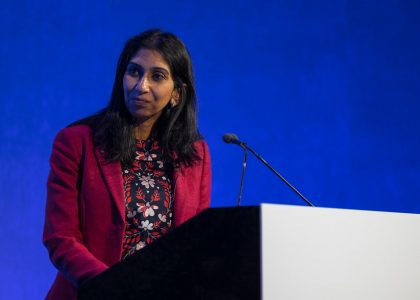In her 2020 State of the Union address of 16 September, Commission President Ursula Von Der Leyen called for a more ambitious EU environmental policy and the reinforcement of the European Green Deal. One of the areas covered by this new green agenda, is the Common Agricultural Policy. I argue that the reforms of the Common Agricultural Policy is anything but ambitious and throws Von Der Leyen’s promise of a European Green Deal into question.
What is the Common Agricultural Policy and why does it need reform?
The Common Agricultural Policy is an EU policy that provides financial support to its farmers. Its main objectives, set out in Article 39 of the European Union Treaty, are to: increase agricultural productivity, ensure a fair standard of living for farmers, stabilise markets, ensure the availability of supplies and ensure reasonable prices for consumers.
The policy is often criticised for not adequately integrating environmental concerns into the area of agriculture and rural development. Environmentalists such as Marco Contiero, Greenpeace’s EU agricultural policy director, argue that the Common Agricultural Policy has been blind to farming’s impact on nature and has encouraged farmers to expand their activities. This is because the Common Agricultural Policy’s first pillar, which provides direct income support to farmers, consists in a system of payments based on the amount of land a farmer own. This gives them a financial incentive to expand their farming operations. Agriculture has been continually intensified in EU countries, which has led to losses of semi-natural habitats, crop diversity and landscape.
The Common Agricultural Policy has also been criticised for failing to reduce EU’s greenhouse gas emissions in agriculture. The sector contributes approximately 10% of the EU’s total greenhouse gas emissions. Agriculture is also responsible for additional ‘hidden emissions’ attributed to other sectors such as machinery production and the manufacturing of fertilisers and pesticides. Reforms to the Common Agricultural Policy to reduce emissions are therefore very much needed.
Reforms to the Common Agricultural Policy
The reforms of the Common Agricultural Policy (CAP) currently under discussion aim to make more money available for environmental practices. The main changes include: making 10% of the Common Agricultural Policy budget available for landscapes that benefit biodiversity; making 35% of the budget available for environmental and climate-related measures; and the setting up of direct payments for eco-schemes.
Proponents of these reforms, such as the Council of the EU (which represents EU member states), argue that the changes will hold “farmers to higher environmental standards” and will encourage more environmentally friendly farming practices. The German food and agricultural minister Julia Klöckner claim that these reforms are a “milestone for Europe’s agricultural policy” and that they would make it “greener, fairer and simpler”. Environment Commissioner Virginijus Sinkevičius took a more pragmatic approach in his defence of the reforms, arguing that it was a compromise that serves both farmers and the European Green Deal.
Problems with the Reforms
While on the surface, the reforms to the CAP look impressive, major problems remain that have attracted criticisms from environmentalists. Many have criticised the reforms for ultimately providing few substantive changes and they do have a legitimate point given the damaging aspects of the CAP left untouched. For instance, proposals to cut factory farming subsidies and to protect grasslands were rejected by the European Parliament. This means that environmentally damaging factory farming is still being financially supported. In addition as Ariel Brunner, the head of policy for Birdlife, points out, non-environmental spending has been ringfenced and protected, meaning vast sums of public money will still being going to big farming polluters. This he argues, will destroy the chances of a green transition.
There are also concerns that some already existing environmental protections may actually be weakened by the reforms. Dr Guy Pe’er, ecologist at the German Centre for integrative Biodiversity Research, points out how ‘enhanced conditionality’ requirements would reduce ambition on protected areas from 10%, under the existing farm-to-fork strategy, to 3-5%. This, Pe’er argues, is because the CAP’s second pillar, which purpose is to combat climate change and ensure environmentally sustainable farming, is being financially cut back. Moreover, while ‘enhanced conditionality’ has been expanded to a set of new sustainable agricultural practices, sanctions for non-compliance have been abandoned. And so have measures such as those limiting the negative impacts of irrigation, in contrast with the 2014-2020 financial period of the CAP. He also warns that the proposal for counting hardy terrains as green, and therefore contributing towards the target of 40% green subsidies, will significantly curb the amount of money that goes to genuine environmental protection.
Lastly, even if you were to view the reforms from a pragmatic point of view, they are not even a ‘good enough’ compromise. As Ariel Brunner argues again, these reforms represent a case where everybody loses, including the farmers. Firstly, the reforms do not change the CAP subsidy allocation where the biggest farmland owners take an overwhelming majority of the funds. This means that even if farmers were to benefit financially from weaker environmental reforms, most of them – especially the smaller farmers who need support the most – would not even see most of this money. Secondly, the need for strong environmental reform is needed by everyone, including farmers, as they will be the first victims of climate change and biodiversity collapse.
An Early Death for Ursula’s Green Deal?
The recent environmental reforms to the Common Agricultural Policy certainly leave a lot to be desired. This is especially disappointing considering the emphasis put on environmental issues in Ursula Von Der Leyen’s State of the Union address. The reforms do not change some of the most pressing environmental problems with the Common Agricultural Policy, such as factory farming subsidies, and in some instances, would even result in a backpedalling of already existing environmental protections. This puts Ursula’s promise of a European Green Deal into question, and as Marco Contiero claims, may turn out to be a death sentence for it.
Ross Gower is a second year International Relations and Politics Students at UEA. His main interests are EU Politics and International Political Economy.
Image credit: Karla Salp, Washington State Department of Agriculture





